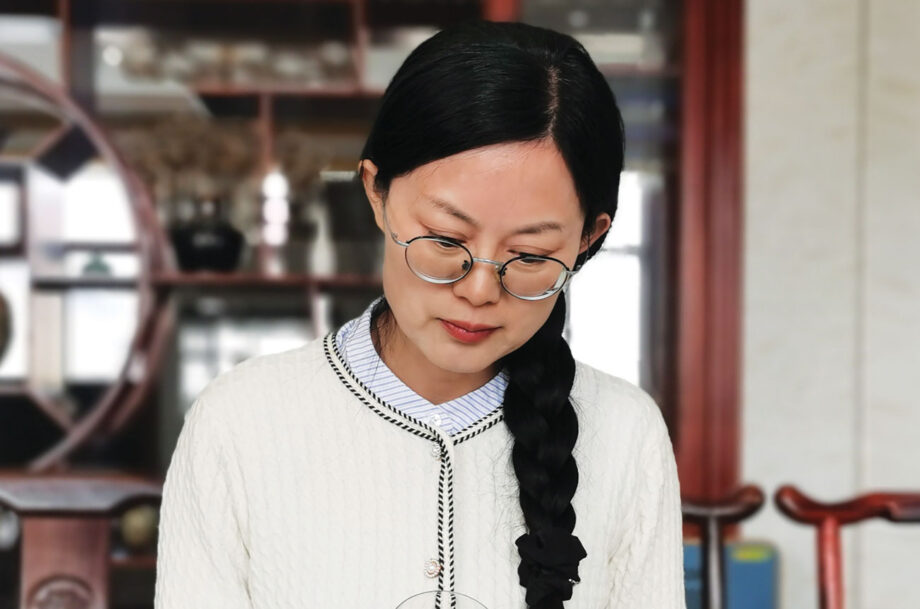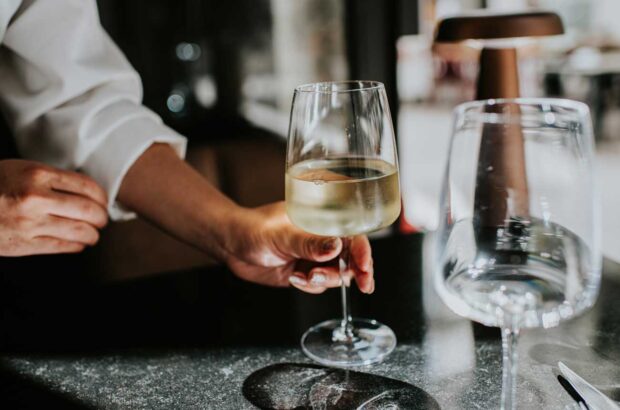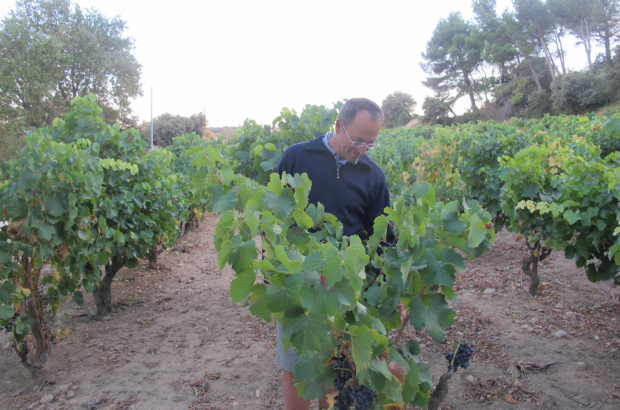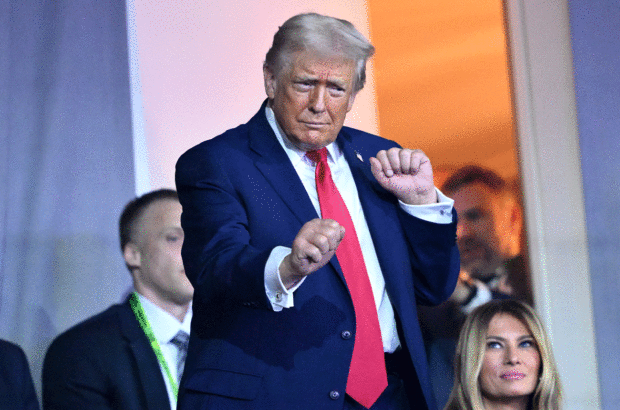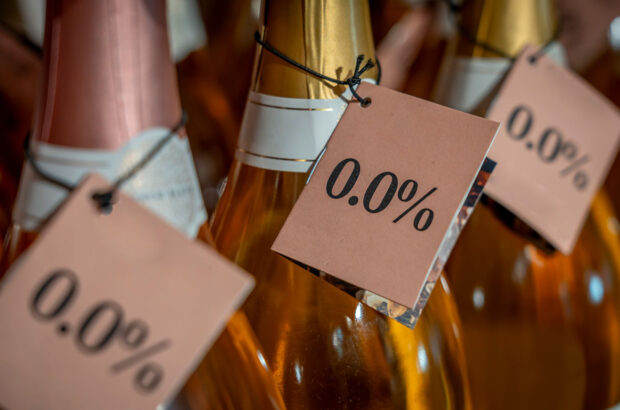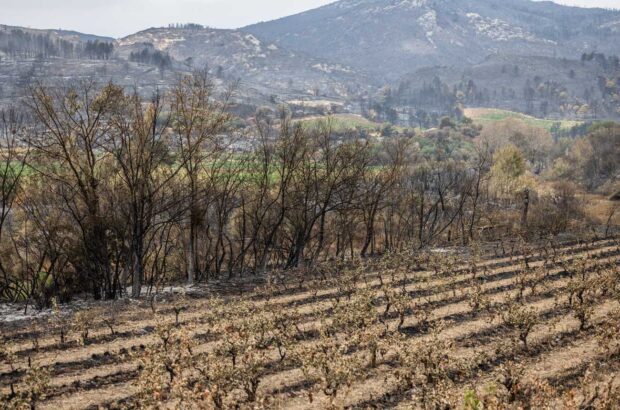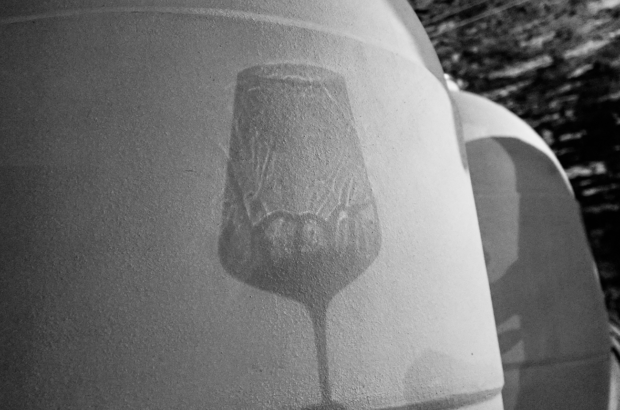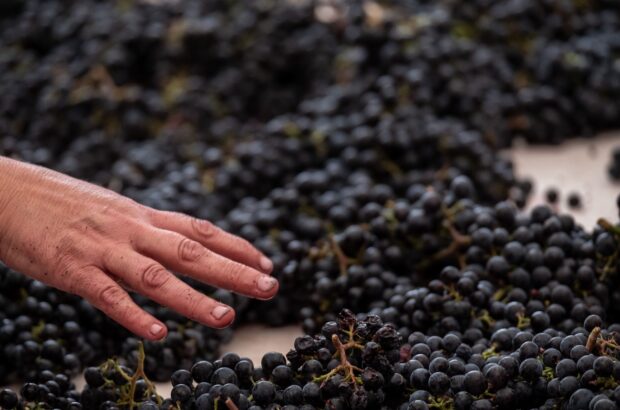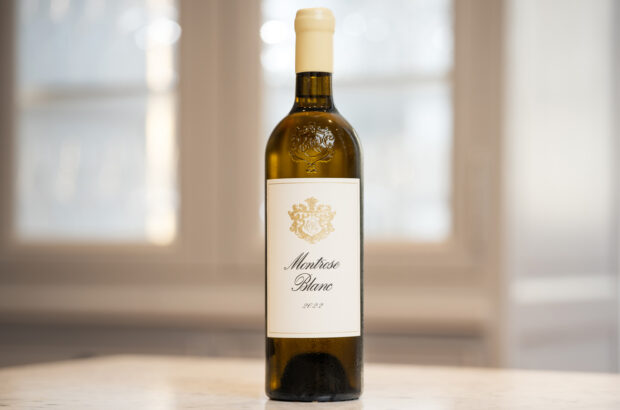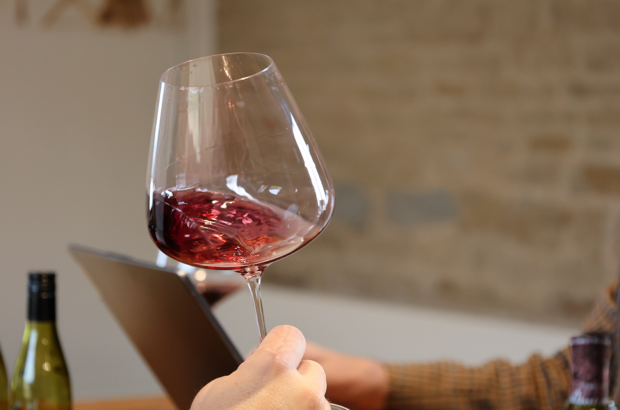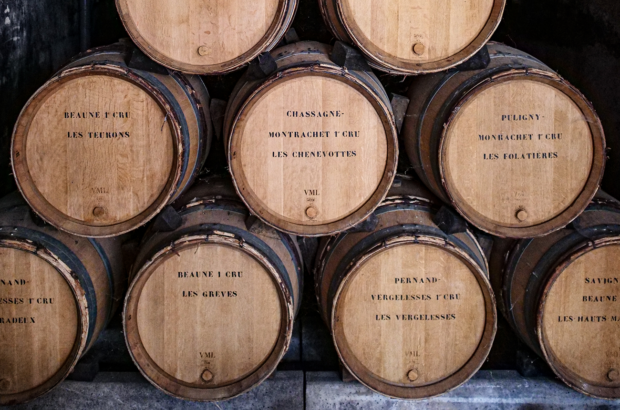Wu Xiuyong is the winemaking talent behind one of the two Chinese wines named Best in Show – the top accolade, awarded to only 50 wines – in this year’s Decanter World Wine Awards (DWWA). Head winemaker at Dongfang Yuxing in Hongsipu, Ningxia, Wu (this article follows the Chinese convention of placing the surname first) is proud of the success achieved by Geruihong Yeguangbei 2022, a blend of Cabernet Sauvignon, Dornfelder and Cabernet Gernischt (Carmenère). She and her team also took home a Top Value Gold, awarded to just 30 Gold medal winners with a retail price under £15, for their Geruihong Marselan 2024.
This has been the greatest achievement at DWWA for Chinese wines in more than a decade, and an eagerly awaited win for Hongsipu, the cooler, lesser-known southernmost sub-region of Ningxia.
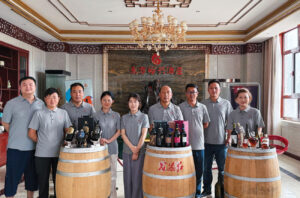
Wu Xiuyong (fourth from left) and her team at Dongfang Yuxing
A talent rooted in the soil
Wu was raised in a modest rural family. Her parents worked at a grassland agricultural research station while raising five children. She began helping out at the age of five, packaging grass seeds into paper bags for her parents to sell for the equivalent of just a few pence for each batch.
From her early days, Wu was fascinated by the plant world. She would sneak off into the mountains and spend entire days immersed in the diverse scents and shapes of wild flora.
Though the family had limited means – even more so after Wu’s father passed away when she was just 13 years old – they shared a passion for reading, believing that the knowledge they acquired had the potential to change their lives. An old, tattered copy of the Ben Cao Gang Mu (the Compendium of Materia Medica, a renowned 16th-century encyclopaedia of traditional Chinese medicine), rescued from a paper recycling station by Wu’s sister, sparked her dream of studying herbal medicine. However, her academic scores didn’t quite meet the threshold for medical school, so she instead went on to study horticulture at Ningxia University – alma mater of many of China’s current and future winemakers – specialising in fruit cultivation.
From apples to wine
Wu’s university syllabus included ‘fruit tasting’, which involved sampling different varieties of the same type of fruit, such as apples, and analysing their subtle flavour differences – her first introduction to the concept of sensory analysis. This experience helped to develop her natural sensitivity to aroma and flavour, which, combined with her thirst for knowledge, later became invaluable in her first job, at Xixia King – the first winery established in Ningxia.
Starting in a quality-control role, Wu progressed to the production team within two years. Her first vintage as sole winemaker came in 2005. At the time, Wu recalls, winemakers at major wineries were expected to follow strict procedures to avoid errors – there was little room for experimentation.
Two years later, while working at Guangxia (Yinchuan) Helan Mountain Winery – later acquired by Pernod Ricard – the opportunity to work alongside foreign consultants broadened her perspective of what a winemaker is capable of doing. In 2008, she launched her own winery, Yunkou, taking on not only the winemaking duties but also the marketing and sales.
A 10-year commitment
In 2015, while Wu was navigating both the challenges of the market and pressure from investors, Zhang Jing, winemaker at Helan Qingxue – the first Chinese winery to win a top accolade at DWWA, in 2011 – encouraged her to take the WSET course taught by Lu Yang in the provincial capital Yinchuan. The young sommelier, who would go on to become China’s first Master Sommelier in 2017, introduced Wu to a world of wine that extended far beyond her imagination.
Later, while she was learning English – dreaming of one day making wine alongside some of the world’s legendary winemakers – Wu received an invitation from Liu Quanzu, owner of Dongfang Yuxing in Hongsipu.
Located south of Helan Mountain East, in the foothills of the Luoshan mountain range, Hongsipu is China’s largest ‘ecological migration zone’ – established to relocate families from regions where living conditions are extremely harsh. Grape vines have only been planted in the area since 2007, so it’s nowhere near as well known as sub-regions such as Helan and Qingtongxia.
Liu Quanzu’s background is in real estate and he came to Hongsipu to build homes for resettled families. He also began building a winery south of nearby Wuzhong, with a commitment to support local grape-growers and help sustain a new agricultural economy.
When Wu first arrived, the winery was only half built. ‘It was just a big sandpit with walls about a metre high,’ she recalls. Despite some initial hesitation, she decided to stay for the season, hand-making the tools she needed on site. ‘I couldn’t just watch their year’s harvest be ruined.’
Five people in wine who have influenced me
Zhou Shuzhen
One of the earliest winemakers in Ningxia, she has consulted for more than 10 wineries during her 40-year career. As my direct mentor in my early years, she shaped my disciplined and thorough approach as a winemaker and encouraged me to work more creatively, expressing wine through both skill and intuition.
Professor Li Demei
A renowned winemaking consultant (Helan Qingxue is among the wineries he takes care of) and educator in China. At a trade lecture in 2012, he said that a winemaker must also be a great communicator. That insight deeply influenced my commitment to wine education and changed the way I use consumer feedback to shape my winemaking decisions.
Lu Yang MS
China’s first Master Sommelier, his WSET classes, which I took in 2015, opened my eyes to a broader wine world and the sheer depth of knowledge within it, inspiring me to approach nature and winemaking with humility and a lifelong commitment to learning.
Henri Jayer
The legendary Burgundian winemaker who believed a winemaker is a translator of terroir, not a creator. His philosophy inspired me to express each plot through microvinification and to focus on finesse, detail and authenticity in every bottle.
Giuseppe Quintarelli
Regarded as the ‘father of Amarone’. The Valpolicella winemaker’s defiance of trends and patient, soulful approach reminded me to stay true to our own terroir and to craft wines that speak of place and time, rather than merely follow the prevailing fashion.
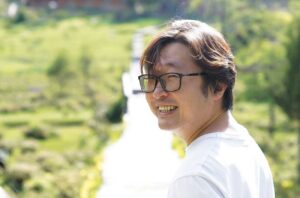
Lu Yang MS
The trade pioneer
What began as a temporary favour turned into a decade-long commitment. Supported by the owner, Wu now carries out micro-vinification and thorough disease-prevention measures (rare locally) while exploring the potential of lesser-known grape varieties that she considers suitable for growing in the frost-prone sub-region – especially the German crossing Dornfelder. Floral, with soft tannins, Dornfelder produces decent, reliable yields, serves as a promising blending partner for the region’s widely planted Cabernet Sauvignon and appeals to consumers as a food charmer, she says.
Meanwhile, she is generous in sharing her knowledge with her own team, and beyond – training seven assistant winemakers (including the owner’s daughter Liu Yanhong) in addition to many technical specialists in recent years.
In 2020, Xibao, a labrador retriever, became Wu’s quiet, sole companion as she travelled to every corner of Hongsipu in search of the best fruit, while consulting for two other local wineries. Her belief in the potential of the high-elevation sub-region, with its diverse microclimates and ability to retain freshness while achieving full ripeness, has finally been rewarded at the world’s largest wine competition (DWWA), five years on.
‘Wu Xiuyong’s passion, curiosity and drive have earned her wide respect in Ningxia’s wine scene,’ says Professor Li Demei, a Beijing- based wine consultant and DWWA judge. ‘Despite the remote and demanding conditions of Hongsipu, she has persevered and emerged as a rising star. Building on a track record of awards, her recent win at DWWA is drawing fresh attention from industry peers in China and abroad to the sub-region.’
In 2023, for her contributions to the local wine industry, Wu received a National Labour Day Women Pacesetter award, which recognises outstanding women across a wide range of professions in China. As part of this honour, she has delivered talks at schools, enterprises and institutions, using her personal journey to inspire – just as she has supported underprivileged students, especially young women from rural areas, since the early years of her career.
She also lectures at Ningxia University, encouraging students to pursue a career in wine. ‘You will never be bored,’ as she puts it. ‘Every year, you nurture new life with your own hands.’
Another award she received – the Provincial May 1st Labour Medal – led to the establishment of an innovation laboratory in Wuzhong that conducts brandy ageing trials, explores the use of Chinese wood for ageing wines and spirits, and addresses a range of challenges faced by wine producers.
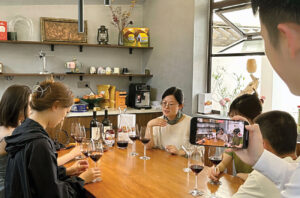
Wu Xiuyong teaches staff the finer points of wine tasting
A life in wine
Just like a traditional Chinese medicine practitioner taking patients’ pulses and blending herbs, Wu approaches winemaking with meticulous analysis, and is constantly searching for blending recipes that are greater than the sum of their parts. To her, each wine is a living thing that deserves attention, care and dialogue.
With a career that spans more than 30 years, she’s grateful for what wine has brought her – a better life, broader horizons, learning opportunities and myriad moments of sensory delight. ‘All the pride, sense of accomplishment and joy I find in life are linked to wine,’ she says. It’s a journey – of learning and lasting enjoyment – she hopes will long continue.
The Decanter Rising Stars
2024 Pascaline Lepeltier | 2023 Brenna Quigley | 2022 Apostolos Thymiopoulos | 2021 Dr Axel Marchal


